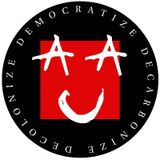Students are back on the barricades! This May alone, around 70 schools & universities in Europe were occupied, of which at least 8 took place in the Netherlands. They call out for radical change in their educational institutions, concerning various topics ranging from decarbonisation, gender discrimination, decolonisation, democratisation and the overall way in which knowledge is produced and distributed. The occupied spaces were filled with colorful banners, autonomous areas where students and staff could learn together, debate, craft, rest and eat free food. And it’s ruffled some feathers already, as the Vrije Universiteit reacted by cutting all ties with fossil fuel companies. This night we will philosophise about the future of our educational institutions by challenging who and what it’s serving and envisioning alternative ways of what education should look like.
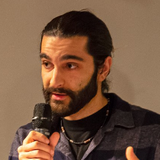
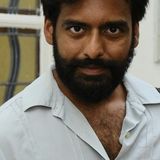
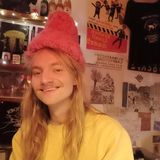
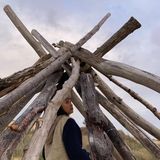
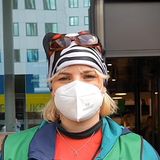
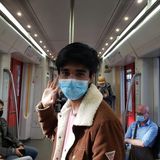

The recent occupations at educational institutions throughout the Netherlands and worldwide are built on a rich history of student protests. At the University of Amsterdam alone, the Maagdenhuis was occupied on multiple occasions, the most famous being those that happend in 1969, and then again in 2015. This year, two occupations already took place. Among the different visions, students and staff align in terms of fighting neoliberalisation and pushing for democratisation and decolonisation of universities. Tonight, we’ll start with a presentation about the history of student occupations within the wider tradition of student protests, and about why we chose to occupy as opposed to other means of disruptive protest. By Sunny, Spike & Charlie
During the panel discussion we’ll discuss alternative ways of education through a lens of different perspectives: decarbonisation, gender discrimination, decolonisation, democratisation and the overall way in which knowledge is produced and distributed. Yet we don’t view them as separable, rather we’ll use a holistic perspective when discussing these subjects in analysing how they are all connected.
First, we start by with the basics by clarifying in what bounds we’re holding this discussion today. What do the demands ‘Democratise, Decolonise, Decarbonise’ mean? Then we’ll discuss the current situation in which the university finds itself. Why are the End Fossil occupations also holding banners against capitalism, against cops on campus, and for a Free Palestine? Finally, we’ll envision the way we’d like to see education change in the future with all speakers and the audience in a collective discussion.
Start of programme
Presentation on the history of student occupations
Panel discussion on alternative visions on the university
Collective discussion with the audience
The end
About the speakers:
Max de Ploeg (he/him) was part of the Maagdenhuis occupation in the University of Amsterdam (UvA) in 2015. The University of Colour was founded in the Maagdenhuis, as a reaction to the overall white student movement. They raised the topic of the decolonisation of the university within the movement and created an autonomous space for people of colour. Now Max is a programmaker at Pakhuis de Zwijger and is the co-founder of Stichting Aralez, a pan-decolonial network & grassroots organization based in Amsterdam. During the panel discussion we’ll ask Max to compare both student movements and reflect on the impact of the University of Colour.
Rango Starr (they/them) is a co-facilitator of the Radical Sunday School, an alternative school, where anyone has access to teaching that is non-hierarchical. It’s open weekly for students and non-students to discuss the failings of our current educational system and imagine new ways to learn. The Radical Sunday School focusses among other things on more democratic ways of teaching by making the education accessible, flexible and free. As Paulo Freire believed, education can be an emancipatory tool, liberating consciousness, and widen the options for action – and of course, it can take place anywhere, and at any time.
Taariq Ali Sheik (he/they) is a PhD candidate in the department of art, culture, history, and antiquity at the Vrije Universiteit Amsterdam, researching the political ecology of Greek colonization in southern Italy. His other research focuses on how archaeology, and other methods of knowledge production reproduce the conditions for racial capitalist exploitation and speculates on the possibilities of refusal as a generative pathway towards abolition and decolonization. His further interests lie in the colonial politics of recognition, memory, haunting, and Black Consciousness.
Billy Mosan (she/her) has been active in University Rebellion UvA for 4 years and is also working on Mapping Fossil Ties Database.
Chaima Nbigui (she/her) studied Social and Cultural Anthropology (MSc) at the Vrije Universiteit Amsterdam and is currently trying to finish her second Master at the University of Amsterdam. She is currently researching the internationally oriented Moroccan decolonial avant-garde movement and magazine Souffles-Anfas for her thesis. Her interests lie in decolonization, history, politics, art, Islamic/MENA region studies and popular mass movements.
Susanne Täuber sadly had to cancel as a speaker

